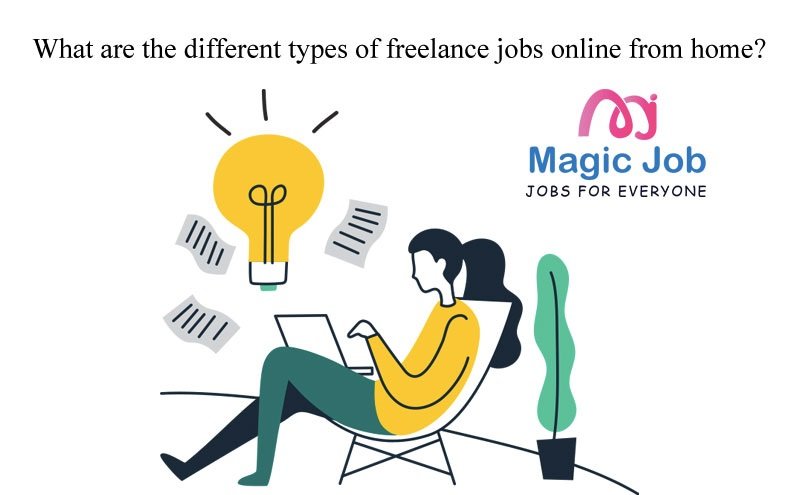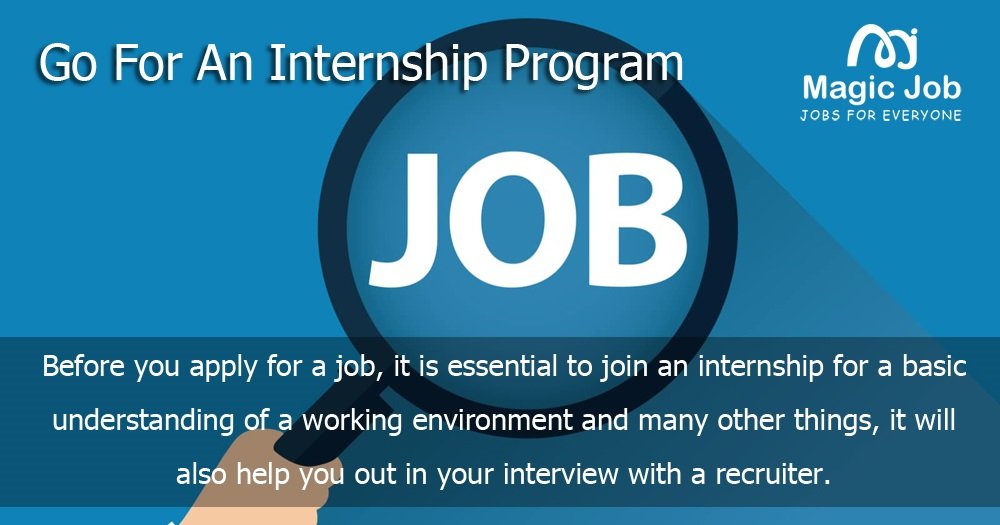Unveiling the Hidden Toll: Exploring Lesser-Known Stressors in High-Pressure Professions

Introduction
In the fast-paced world of high-pressure professions, the struggles of long hours, tight deadlines, and overwhelming workloads are well-documented. However, beneath the surface of these visible stressors lies a realm of challenges that often go unnoticed the hidden stressors. These lesser-known sources of stress can have a profound impact on individuals working in fields such as healthcare, finance, emergency services, and more. This article delves into the depths of these hidden stressors, uncovering their impact and proposing strategies to address them for a healthier work environment.
The Emotional Labor Paradox
Emotional labor, the process of managing emotions to fulfill the requirements of a job, is a significant yet often overlooked stressor in high-pressure professions. Healthcare providers, for instance, are expected to display empathy and compassion even in the face of harrowing situations. This emotional disconnect between personal feelings and professional demeanor can lead to emotional exhaustion and burnout. In the financial sector, maintaining composure during market fluctuations and client interactions takes a toll on mental and emotional well-being.

Ethical Dilemmas and Moral Distress
High-pressure professions frequently present individuals with morally challenging situations. Healthcare professionals may encounter dilemmas like rationing care or making end-of-life decisions, while emergency responders must prioritize lives in chaotic scenes. The weight of such decisions can result in moral distress, where the individual feels trapped between their professional obligations and personal values. This inner conflict can erode job satisfaction, exacerbate stress, and lead to ethical fatigue.
Constant Decision-Making and Cognitive Load
Industries like aviation and information technology require split-second decisions that impact lives and systems. This constant cognitive load, coupled with the fear of making errors, contributes to elevated stress levels. The term "decision fatigue" captures the mental strain that accumulates over time due to the high frequency of choices. High-pressure professionals find themselves grappling with exhaustion as their decision-making abilities are pushed to the limit, affecting both their performance and well-being.
The Weight of High-Stakes Consequences
The weight of responsibility in high-pressure professions is often magnified by the potential consequences of a single mistake. Surgeons, for example, carry the knowledge that their decisions on the operating table can be a matter of life or death. This constant awareness of the stakes can lead to a phenomenon known as "hypervigilance," where professionals are on high alert, fearing catastrophic outcomes. The perpetual state of heightened awareness can lead to chronic stress and anxiety.

Isolation and Limited Social Support
Paradoxically, while working in high-pressure environments, professionals may experience a sense of isolation. Long hours and demanding schedules leave little time for social interactions outside of work. Additionally, the nature of certain professions, such as those in the military or law enforcement, can create a barrier between these individuals and their civilian peers. The lack of social support and understanding can intensify feelings of stress and contribute to feelings of loneliness.
Strategies for Mitigating Hidden Stressors
Promoting Emotional Intelligence: High-pressure professions can benefit from training in emotional intelligence, enabling professionals to manage their emotions effectively and reduce emotional exhaustion.
Ethics Education and Support: Providing ongoing education and support for ethical decision-making can help individuals navigate morally challenging situations and reduce moral distress.
Structured Decision-Making Processes: Implementing structured decision-making processes can reduce cognitive load and decision fatigue, enhancing clarity and accuracy in high-pressure situations.
Peer Support Programs: Establishing peer support programs and mentorship initiatives can foster a sense of camaraderie, alleviate isolation, and provide a platform for sharing experiences.
Mental Health Resources: Organizations should prioritize mental health resources, such as counseling and therapy, to help professionals cope with the unique stressors of their roles.
Conclusion
Unveiling the hidden toll of lesser-known stressors in high-pressure professions sheds light on the complex challenges faced by individuals in these roles. Emotional labor, ethical dilemmas, constant decision-making, the weight of high-stakes consequences, and isolation all contribute to the intricate web of stress that these professionals navigate daily. By acknowledging and addressing these hidden stressors, organizations and individuals can work together to create a healthier, more supportive work environment. Through a combination of awareness, education, and support, we can pave the way for a future where those in high-pressure professions can thrive without sacrificing their well-being.










